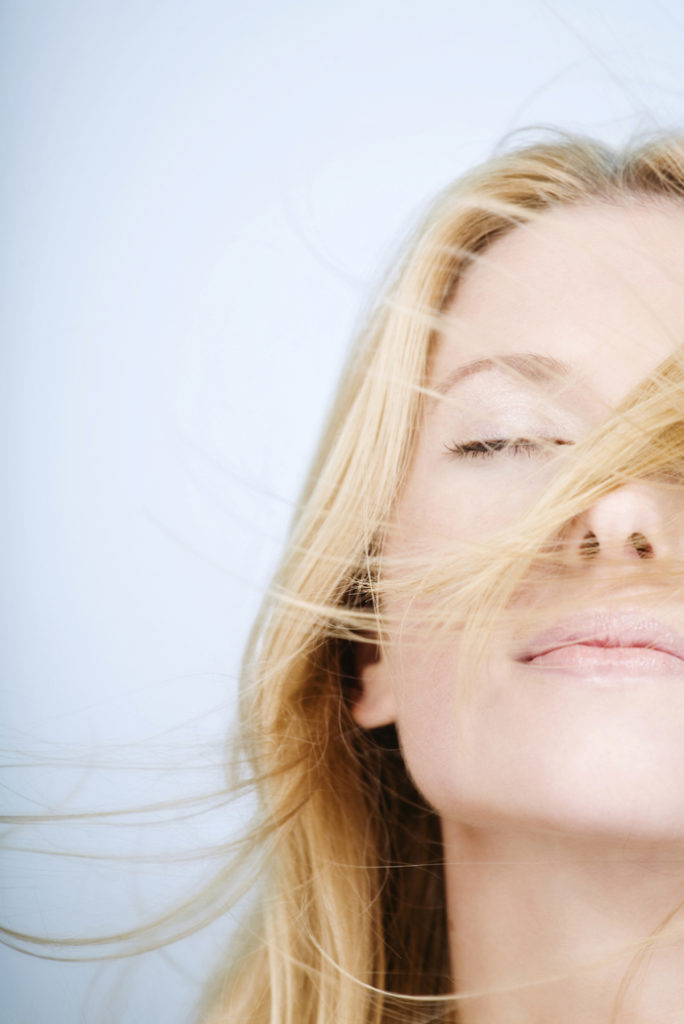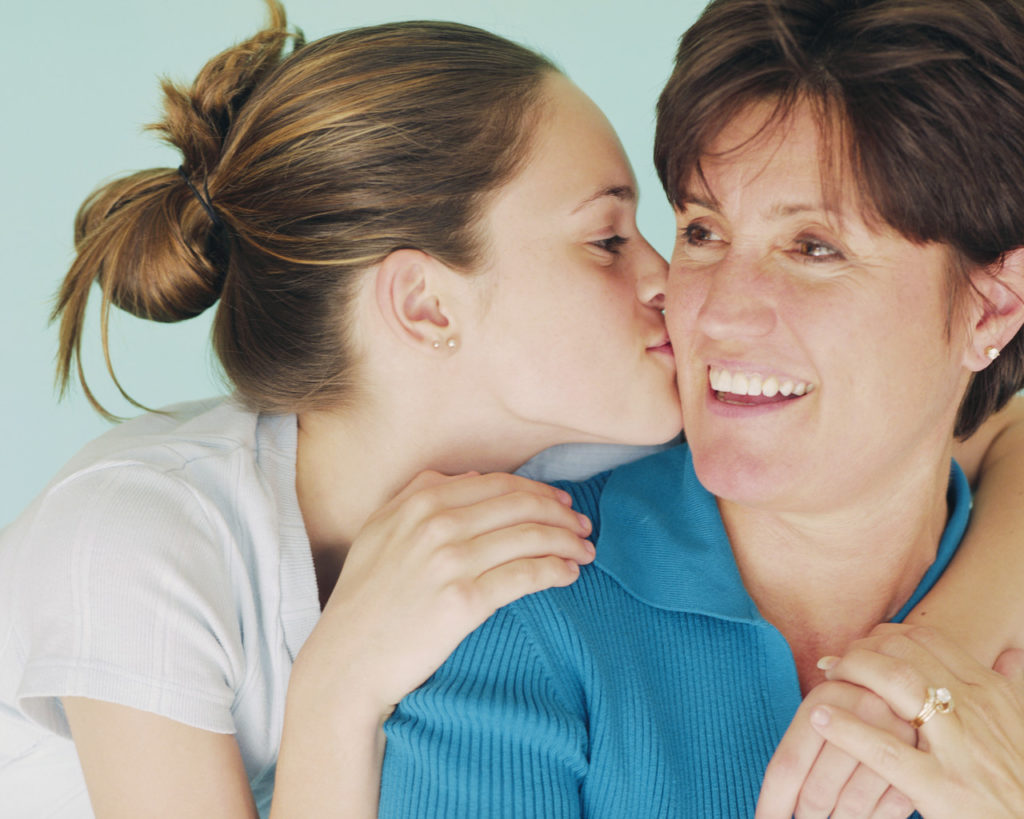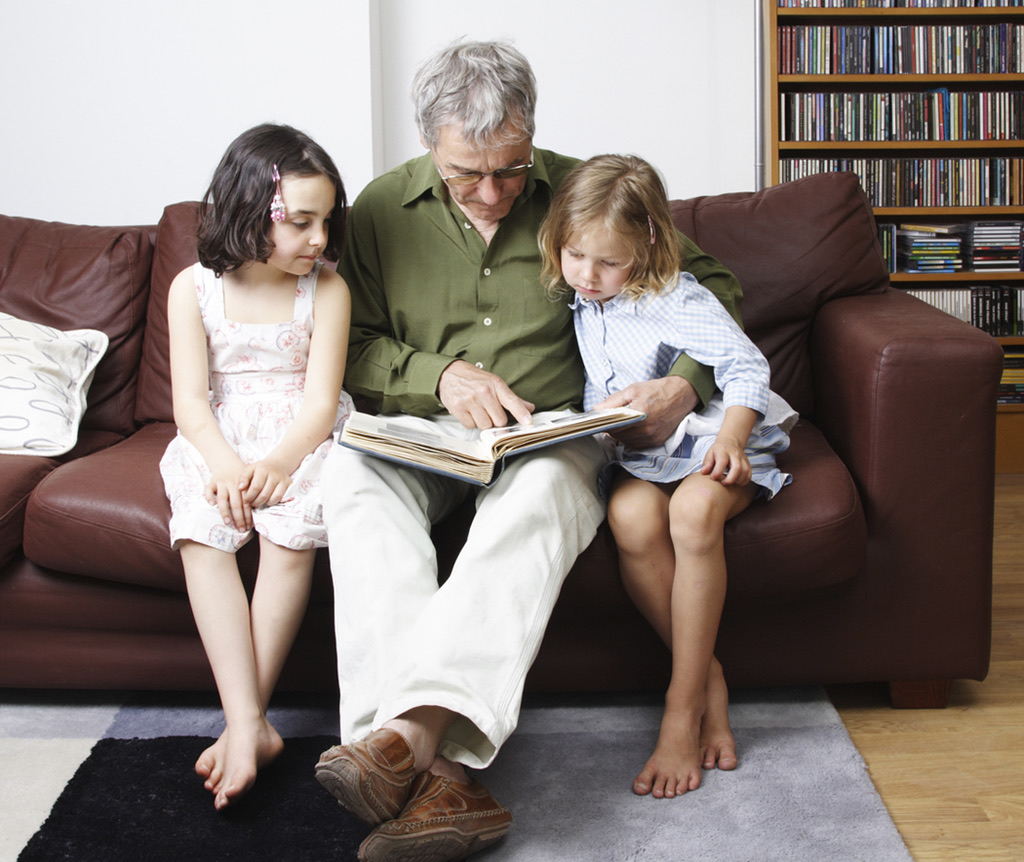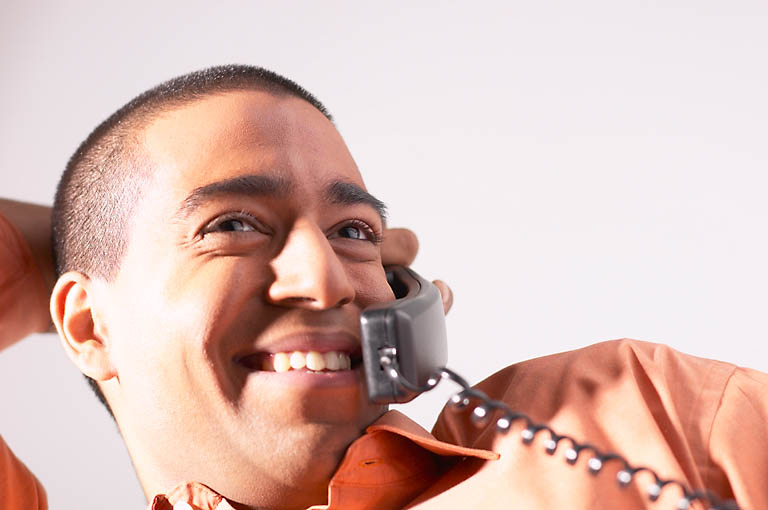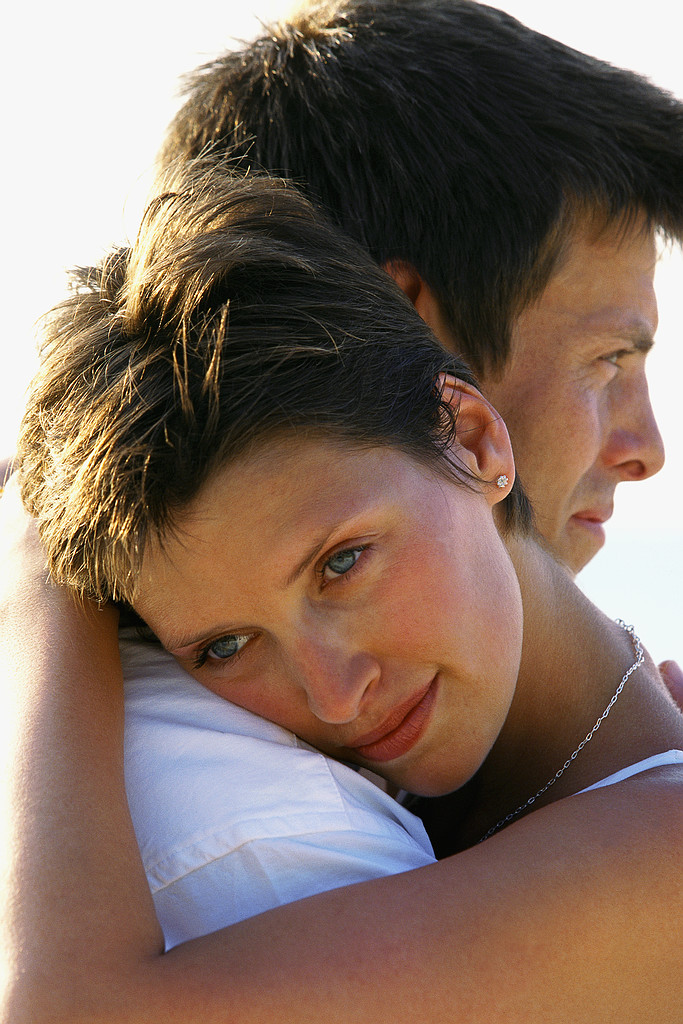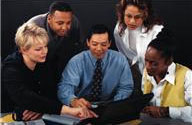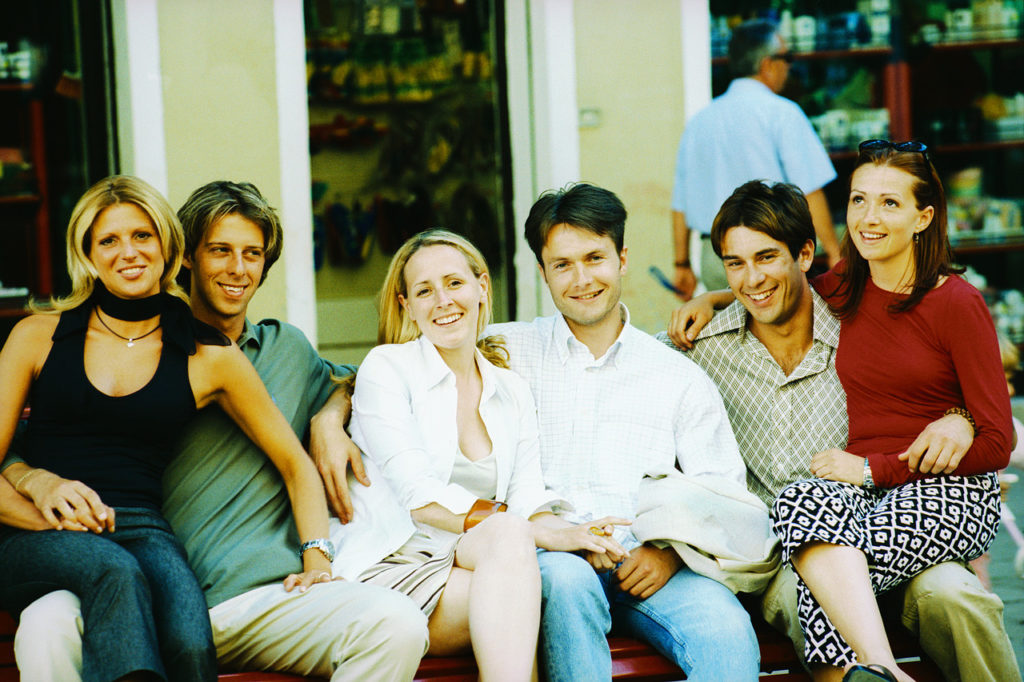Dealing with Stress
Have you noticed that what was to be a time of relaxation and play keeps turning into extra stress? There’s wrapping up summer events and getting ready for fall, preparing for school, extra work in the garden, perhaps even moving, and those long-planned excursions with family that leave us needing a vacation after our vacation. And of course, because everyone at work is taking time off, the work load is bigger, not smaller. Sometimes our very intentions and expectations about having fun become a set-up for exhaustion. We tend to load ourselves down with countless extras, and there you have it: the perfect formula for stress. And if getting overwhelmed is already a weakness, then all of these extras can really take us over the edge.
Stress can leave us feeling tense, tired, out of balance, and cranky. One might think of stress as the emotion caused by undertaking too much. Taken to the next level, it can cause anxiety, the emotion caused by thinking about what will happen when all of that “too much” can’t be fulfilled–which increases our stress even more.
We often think of stress as being either situational or the responsibility of others, yet it is usually self-induced. We make the choices in our lives as to what, how, and with whom we will engage. While it is true that trying to please or to avoid the displeasure of another can exacerbate the tension we feel, and that we sometimes cannot avoid such stressors, more often than not, there are choices we can make that can make to lighten our loads.
There are many ways to beat the allure of overdoing, overpleasing, and overavoiding. Here are some tips to help both alleviate stress and eliminate of the habit of living stressfully. Some of these ideas may be surprising, but all are valuable:
Know yourself. Learn to recognize what causes stress for you and how you react to stress. In fact, you might want to sit down a make a list of causes or stimuli, and typical reactions you have. Are they physical or emotional? Are they external or internal? All too often we simply stay in habitual patterns of stress without ever recognizing that we can change them. You can’t change what you don’t know about, so becoming aware of the situations that lead to stress is your greatest leap towards not going there!
Once you have made an inventory of your stressors, create a game-plan for reducing either the stimuli for the stress or your reactions. Do you find yourself just unable to say no? Try taking an assertiveness training class. Do you keep choosing to take on too much? Go for the traditional stress management technique of prioritizing your activities into A’s, B’s, and C’s, then simply eliminate your C’s from you agenda. Do you do too much so that others won’t criticize you? Then perhaps a counselor can help you work on your self-esteem. Have you surrounded yourself with such a complicate life that you have no time to enjoy it? Simplify, simplify, simplify.
Perhaps you’re note sure why you do so much. In that case it’s important to learn to listen to the thoughts you have immediately before you make the choice to do one more thing; that way you’ll tap into your internal motivation. This is the best key to your most appropriate game plan. Whatever the case, stress may well be a habit, and if that’s the case, undertake it as you would any habit, and consciously choose to cut out either the stimuli, the reaction to the stimuli, or both.
Be in touch with your body and your feelings. We would like to think that we can override the messages which our bodies convey, but the result of ignoring these natural warning lights is stress, and if the stress is ignored, then the result is illness. Notice if your breathing slows or stops. Watch to see if your stomach tightens, your teeth clench, your shoulder tense. Your body may speak to you before you notice other signs of stress. Pay attention and respond with choices that lighten your load.
Make sure you get exercise every day, or at least every other day. Our bodies were not made to sit at desks. They were meant to by physical, and physical movement releases the toxins and tensions built up in the muscles. At minimum, take a short, brisk walk after work each day. Perhaps take a yoga or exercise class. Being in a class helps us show up for our own exercise program.
Be aware of your consumerism. The magnitude of stress in our nation has grown to what might once have been unthinkable proportions since the advent of color television. There is something about color that taps right into our sense of reality, and we buy into advertising and drama in a way that has never existed before. Some television ads call to us to add more and more to our agendas and our possessions, while others call to us to see our doctor for a prescription for undefined drugs for undefined symptoms. And we wonder why our children are already getting hooked on drugs before they are teens! Minimize your stress by minimizing your exposure to that which makes you feel like you don’t have enough. Turn off the television and get a life!
And back to the drugs issue. Drugs and alcohol may temporarily reduce stress, but the longer range effects are increased stress, both physically and emotionally. Prescription drugs, too, are often overused. Have you noticed that suddenly everyone has “chemical imbalances?” Where did they all come from? Of course we have chemical imbalances–stress and other abuses of our own bodies can create those imbalances. While some such diagnoses are medically valid, many people can best correct the effects of stress with simple natural methods: Calm down, slow down, exercise, relax, do less, enjoy more.
And speaking of enjoying more, laughter is the best medicine for most of what ails us. Play a board game or cards. Rediscover good, clean jokes. Throw a frisbee or play badminton (remember badminton?) Make up a comedy and put on an impromptu show for your friends. Hang out in the back yard and watch the sunset. Replace motorized recreational vehicles with those powered by wind and muscle. Enjoy the silence. Do a float down the river. Listen to the birds. Rediscover a way of living puts emphasis on relaxation instead of stimulation. Breathe deeply. Let go. Enjoy.

